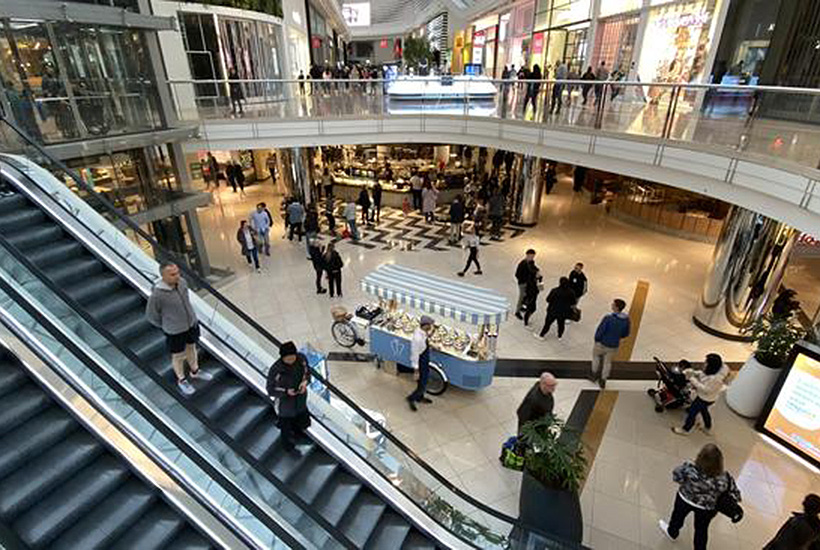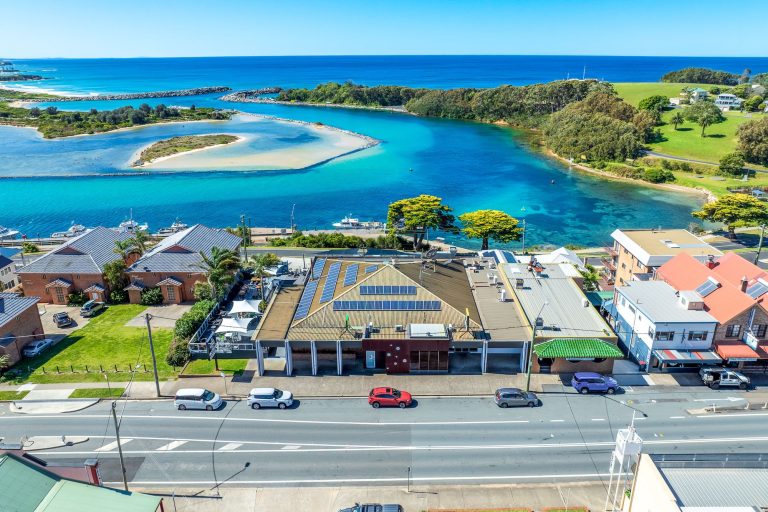Shopping centre industry confident it can weather COVID storm

The shopping centre industry believes it can come through its current rough patch with investors backing the $1.4bn equity raising by Vicinity Centres amid concerns there is more pain ahead for shopping centre landlords.
The $6bn company launched a monster raising on Monday to shore up its balance sheet as independent valuations revealed that its mall values could plunge by up to 13%.
The scale of the raising, which comprised a $1.2bn underwritten placement at $1.48 per share and a $200m share purchase plan to follow, surprised the market, although some balance sheet repair had been expected.
“Covenant and liquidity pressures were not triggers for the raising, in our view,” JPMorgan analyst Richard Jones says.
“Rather the board and management have elected to keep gearing below the upper end of its target range, allowing for further valuation declines.”
Launching the equity raising, Vicinity Centres chief executive Grant Kelley says talks with tenants are under way but the timing and stabilisation of rental income remains uncertain.
“Vicinity does expect rent receipts to improve as stores continue to reopen, foot traffic increases and lease negotiations are also completed, as government restrictions have started to ease, we have seen, foot traffic begin to increase and retail trade to recover,” he says.
Kelley says that despite the impacts of COVID-19, the company has a “clear strategy” for long-term growth and also points to opportunities for significant value from retail-led mixed use developments.
“We continue to believe very strongly that our portfolio of high quality destination assets, serve an essential role in their community by providing essential and discretionary retail, combined with world class experiences to our customers,” he says.
Vicinity said as government restrictions had started to ease, there were some early positive signs of a recovery in centre visitation, with more than 3000 stores opening.
The company’s shares edged down to $1.595.
But the raising scored a flat response from market analysts worried it signals worse is to come for retail landlords, even though it will give the company more flexibility as it deals with the fall out from the coronavirus crisis.
Jefferies analysts Andrew Dodds and Sholto Maconochie warn about the longer term impacts of the dramatic fall in shopping centre values. “Vicinity’s $1.4bn capital raise is hardly surprising, but the biggest surprise was its pro-forma gearing prior to its raise from the double hit of asset value declines and lower cash flow, coupled with other capital expenditure and spend,” they write.
They warn there could be further asset valuation downside of $1.3-2.1bn and gearing could rise back above 35% if negative conditions prevail.
The company still owns one of the country’s premiere property portfolios, including a half stake in Melbourne’s Chadstone Shopping Centre alongside tycoon John Gandel, which gives investors some comfort.
JPMorgan says Vicinity’s raising appears to be a “huge dilution for investors to wear”. But other property groups may also follow suit.
KP Morgan’s Richard Jones said that while the rival Scentre, owner of the local Westfeld malls, had indicated it did not intend to issue equity, Vicinity opting to tap the market complicated its capital decisions.
“Scentre is likely to take a more patient approach given it won’t be forced to raised equity given it has ample liquidity and plenty of covenant headroom. Its gearing will, however, drift higher as devaluations are booked,” Jones says.
JPMorgan is assuming a 30% peak-to-trough correction in retail book values over the next 12-18 months.
Citi analysts say the Vicinity move highlights the tough retail property market. The analyst had previously modelled the company undertaking billions worth of disposals, while noting execution risk, which it said was a factor in pursuing the raising.
“We see (Vicinity’s) announcement as highlighting how challenging the retail market is. We … see negative read-throughs for peers, and continue to expect COVID-19 to drive a structural re-set within the retail space,” Citi says.
This article originally appeared on www.theaustralian.com.au/property.







